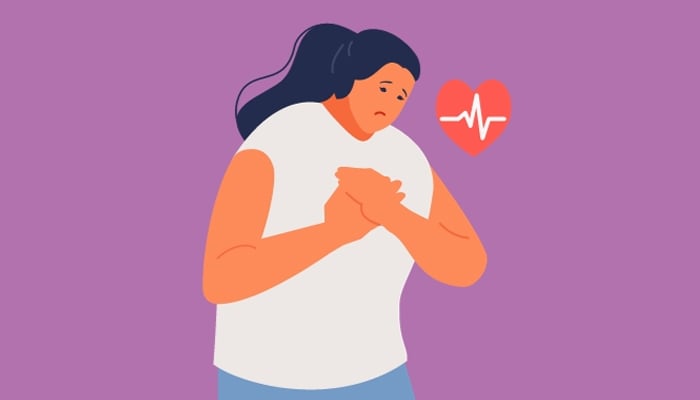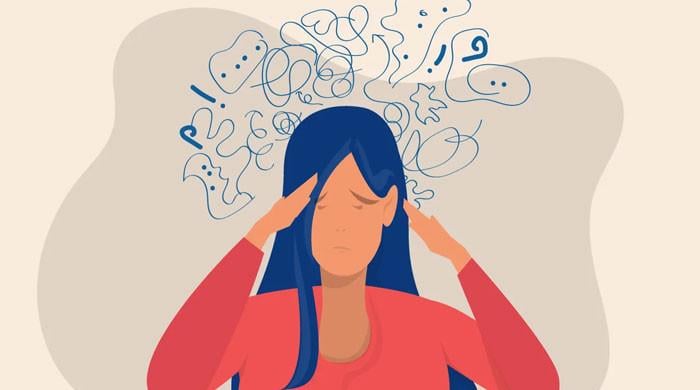Scientists discover fatal impact of broken heart akin to a heart attack
Emotional distress of a heartbreak physically disrupts functions of a heart
Illnesses are not deemed substantial unless they are outwardly debilitating and disrupt your day-to-day life activities. Hence, at most times, mental health struggles are frequently neglected by those around you, somehow implying that they are any less significant.
Especially an ordeal of a broken heart; it often occurs after losing a loved one to either death or simply, life. People tend to ignore those suffering from one as they believe it will heal with time. However, latest study by scientists at the University of Aberdeen have laid bare the intensity of it.
The state of broken-heartedness has been coined term takotsubo cardiomyopathy, also referred to as broken heart syndrome, after it was discovered that it is just as deadly as a ‘true’ heart attack.
According to the researchers, the distressing state of a brain after suffering a loss affects the heart by causing the left ventricle to grow larger, as a result blood is not pumped efficiently in and out.
Professor Dana Dawson ascribed the broken heart syndrome to a “reaction to upsetting events,” such as death of a family member of ending of a relationship.
However, she noted, “But there is evidence it can be caused by other factors, including physical trauma or no incident at all. It can develop at any age, and typically affects more women than men. Symptoms can appear like a heart attack – including shortness of breath and chest pain.”
To make matters worse, the study found medications that are usually prescribed for heart attack patients, including statins, did not improve survival rates.
For the research, 3,720 Scots were analysed by the Public Health Scotland from 2010 to 2017, out of which 620 were diagnosed with takotsubo. 153 people with the condition died over the five-year follow-up.
Professor Dawson raised her concern over the ordeal, noting, “Our data shows quite starkly that we are not treating this condition correctly.”
“These patients have increased mortality compared to the general population, an increased vulnerability to developing heart conditions, and as much chance of dying from this as people who have heart attacks.”
However, she reassured that the condition is usually temporary and most of the people are expected to make a full recovery.
-
Benefits of magic potion that is Apple Cider Vinegar
-
Why too much caffeine can jeopardise your health
-
Refreshing and Nutritious: Healthy Drinks for Your Perfect Lifestyle
-
What is Cortisol belly? How can you get rid of it?
-
Top five reasons to add oats in your beauty regime
-
Power of Sunblock: Your Key to Radiant Skin and Healthier Living
-
Impact of Flavonols on mortality rate, cancer, cardiovascular disease
-
Cosy Cardio: Comfortable fitness trend anyone can follow












